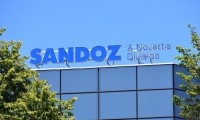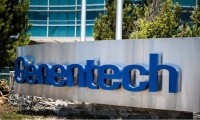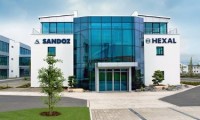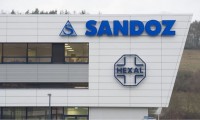-
Sandoz partners with Samsung Bioepis to license Stelara biosimilar
- Source: drugdu
- 103
- September 13, 2023
-
analysts
- Source: drugdu
- 118
- September 11, 2023
-
Astellas withdraws IRA lawsuit after avoiding CMS’ price negotiations list
- Source: drugdu
- 189
- September 8, 2023
-
Following in Tecentriq’s footsteps, Alecensa gives Roche another win in early-stage lung cancer
- Source: drugdu
- 117
- September 6, 2023
-
Novo Bolsters Obesity Pipeline with Potential $500M Embark Biotech Buy
- Source: drugdu
- 209
- September 1, 2023
-
US announces first ten drugs up for Medicare price negotiation
- Source: drugdu
- 103
- August 31, 2023
-
Sandoz’s Tyruko approved by FDA as first biosimilar for relapsing multiple sclerosis
- Source: drugdu
- 232
- August 30, 2023
-
FDA Approves Sandoz Biosimilar to Biogen’s MS Therapy Tysabri
- Source: drugdu
- 112
- August 29, 2023
-
Sandoz says its biosimilar matches Eylea in another threat to Regeneron’s blockbuster
- Source: drugdu
- 146
- August 17, 2023
-
Eco-minded AstraZeneca doubles down on renewable energy push in Sweden
- Source: drugdu
- 114
- August 11, 2023
your submission has already been received.
OK
Subscribe
Please enter a valid Email address!
Submit
The most relevant industry news & insight will be sent to you every two weeks.













